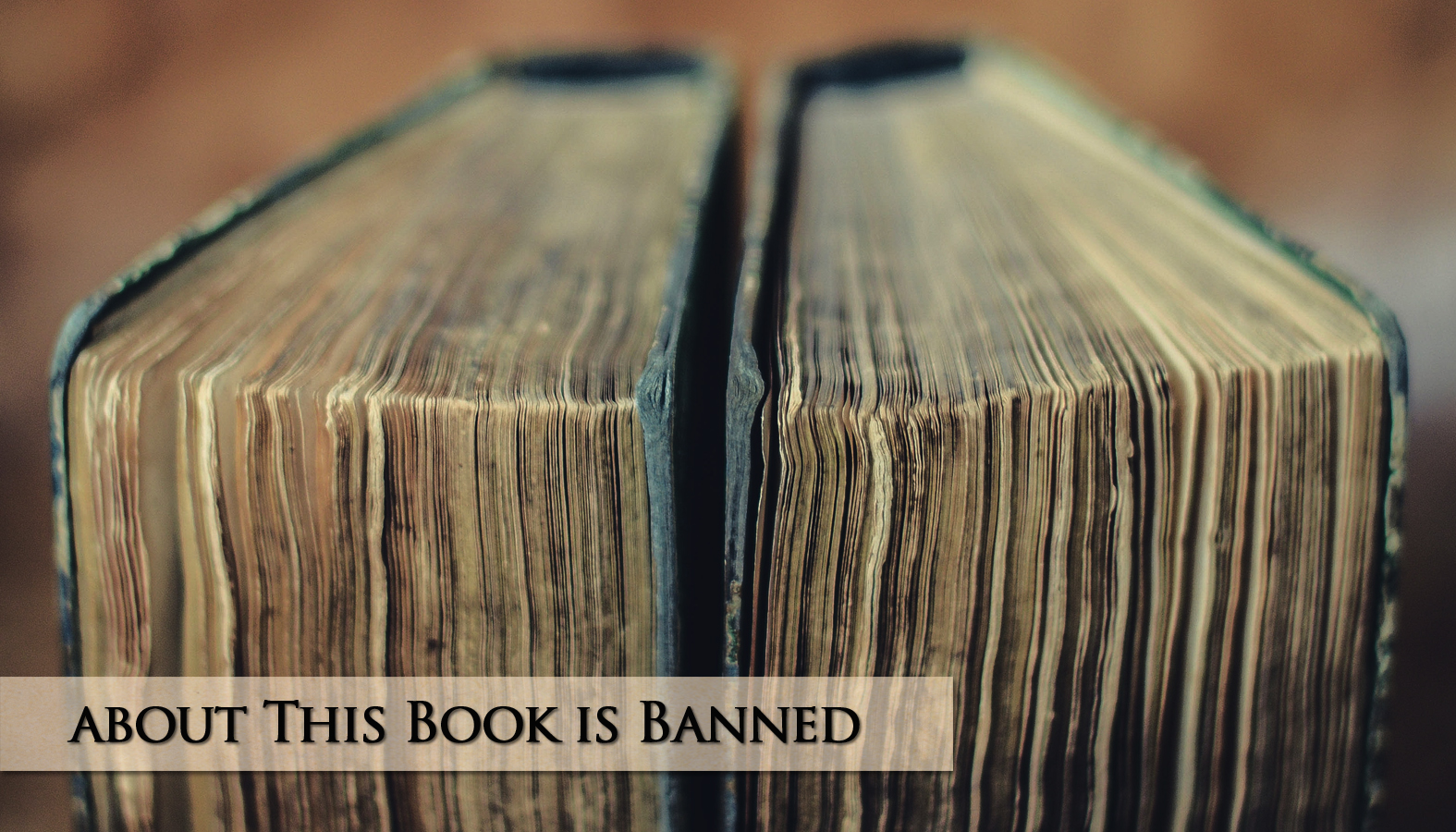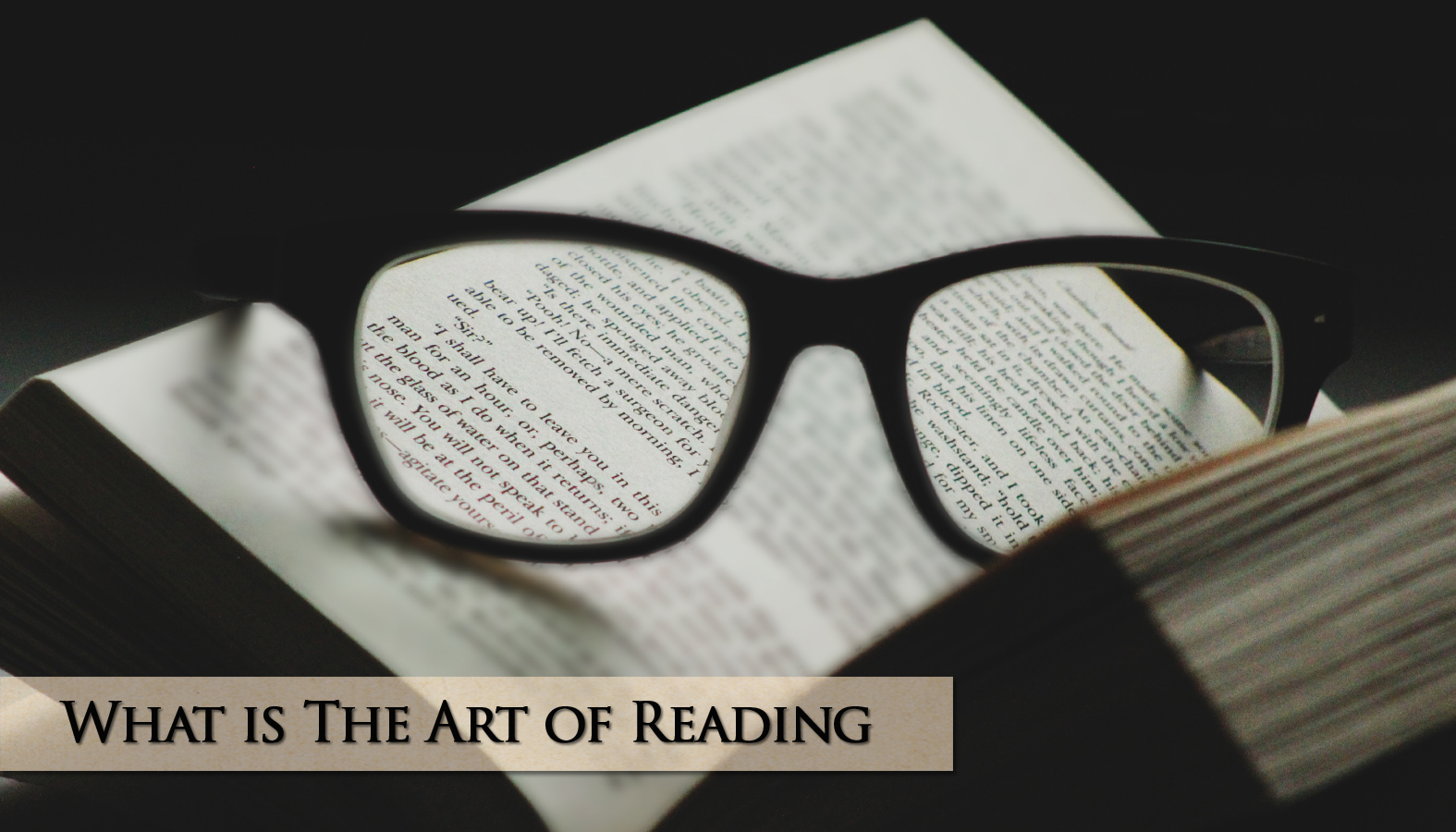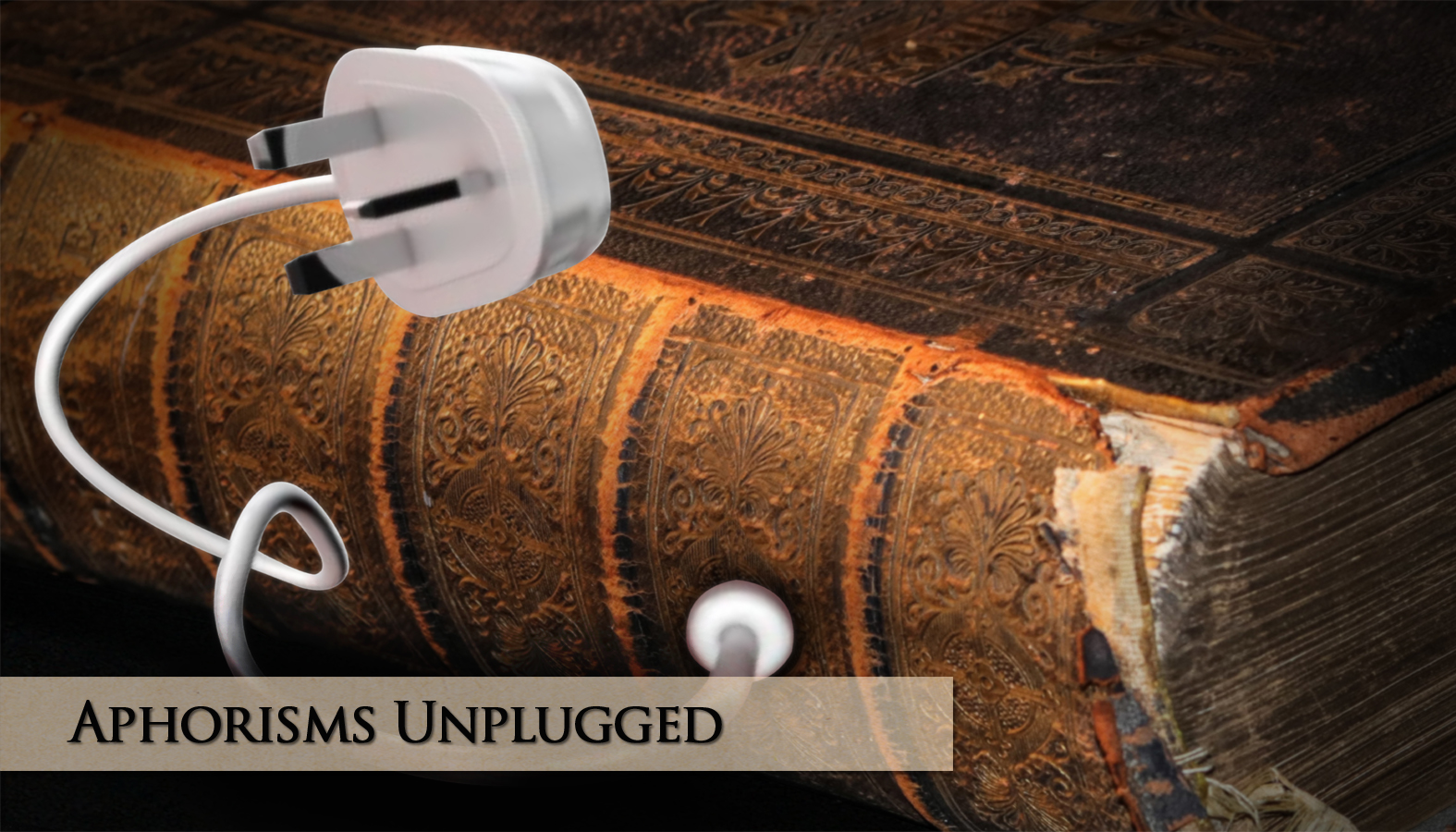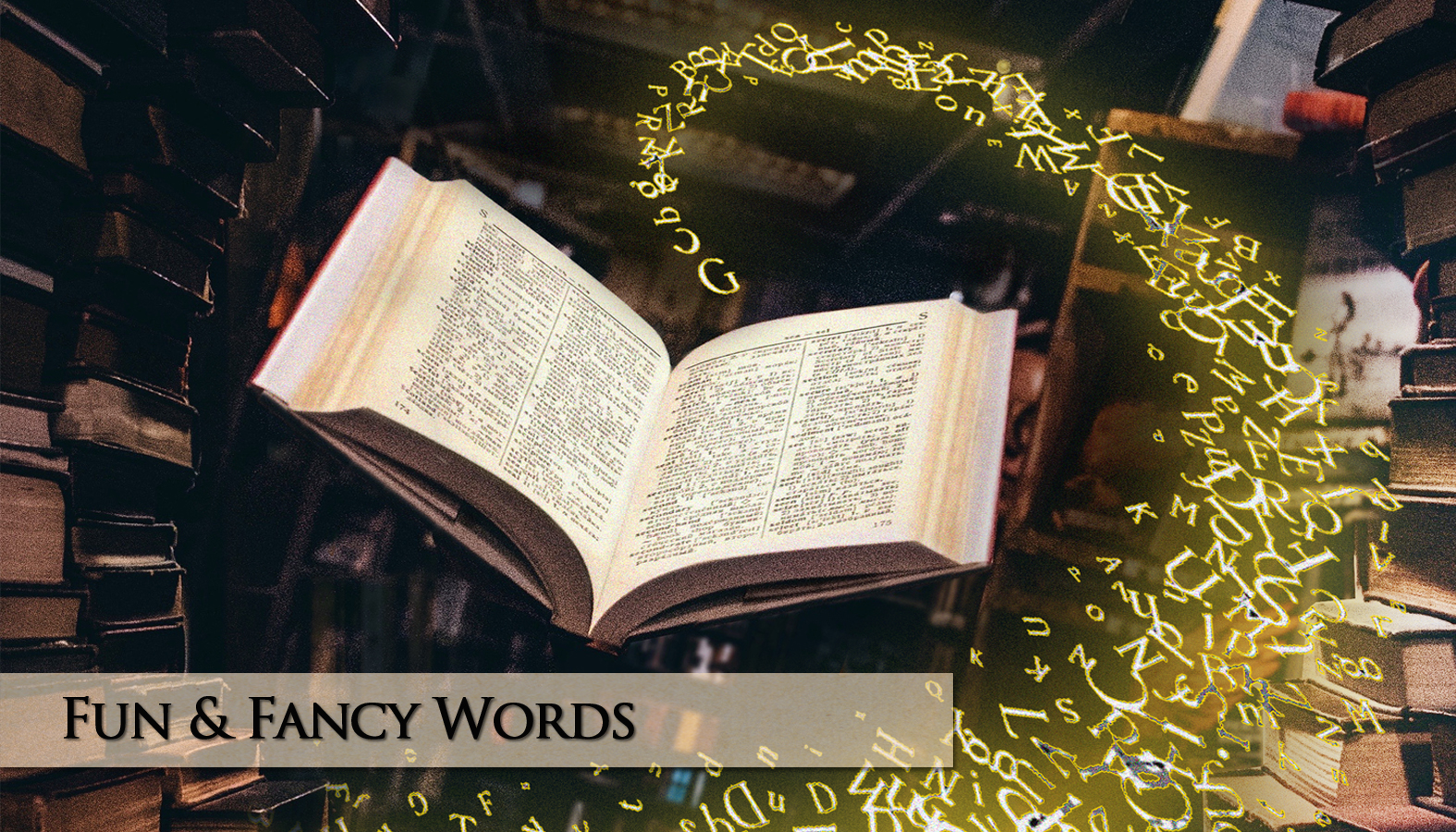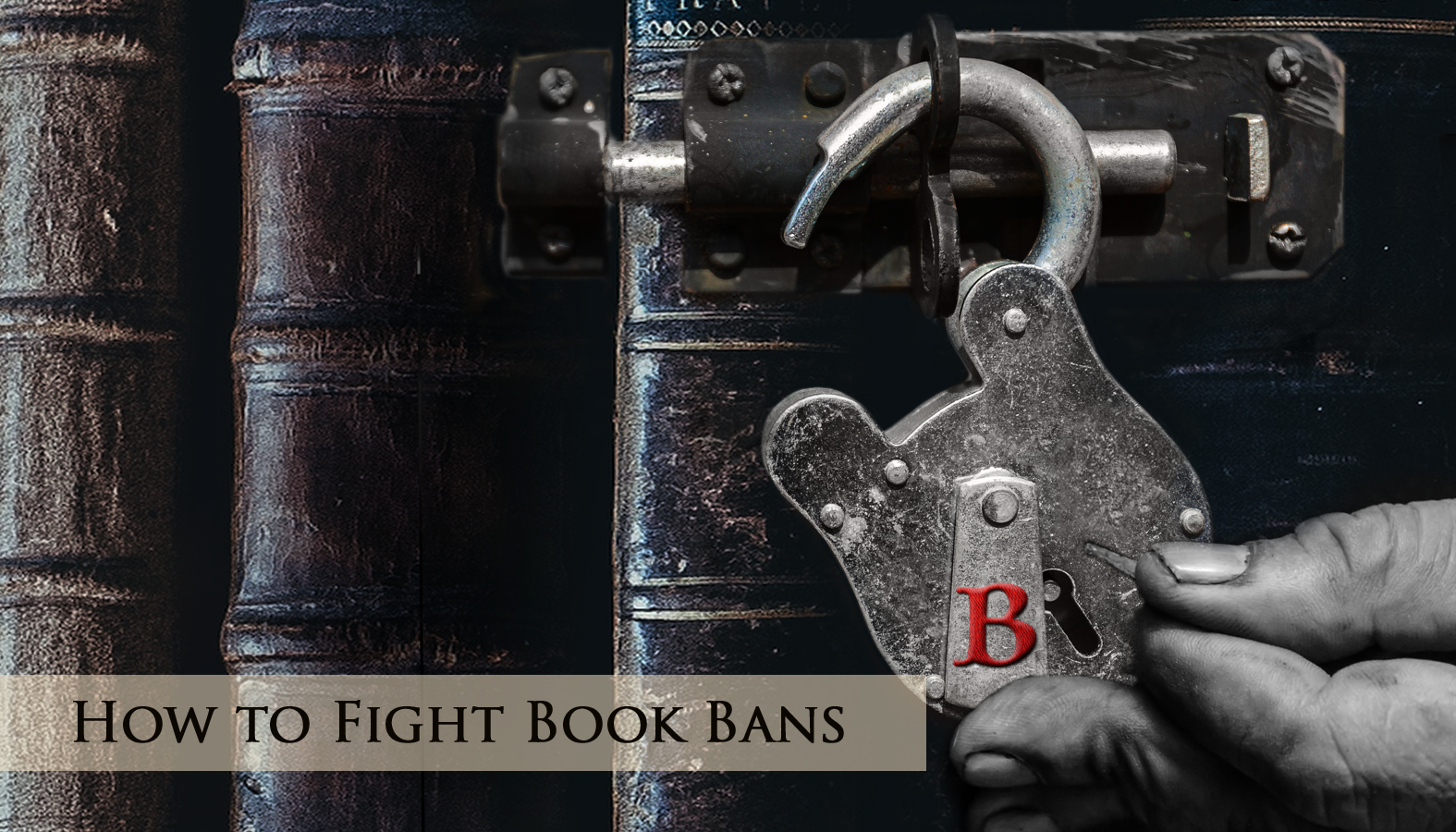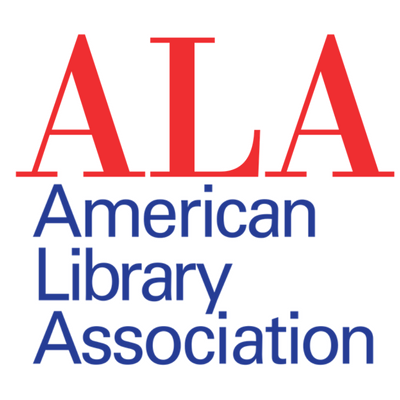Book Bans: a case study in how to push back

 W
W
hat’s the best way to fight back against book banning? Activism revolving around Sandy Cisneros’ coming of age book The House on Mango Street is a veritable case study on successful pushback to book bans.
Nearly 1,500 individual books were banned in the first half of the 2022-2023 school year. That’s a 28 percent increase in book banning compared to the previous semester.[1] During the 2021-2022 school year, book bans were issued across 32 states, effecting nearly four million students enrolled in at least 5,000 individual schools.[2]
How do you fight censorship in schools?
Here’s a page from one activist’s playbook when the school board in St Helens, Oregon was “reconsidering” Cisneros’ work. Why was The House on Mango Street banned? Challengers cited “concerns for the social issues presented,” claiming it contains “content too mature for this age group.”[3]
When Katie Van Winkle heard about what was taking place at her old school, she launched a grassroots letter-writing campaign on Facebook. Van Winkle enlisted former and current students to write testimonials about how they benefitted from reading The House on Mango Street as part of their middle school curriculum. The letters were subsequently presented at a school board meeting.
One former student referred to a class discussion about the scene where Esperanza is a victim of sexual assault. This alumna reported that because the discourse took place in a safe and controlled environment, the conversation helped her cope with an attack she herself endured.
Social workers and counselors often use The House on Mango Street for young people who have been abused, physically, sexually, or otherwise. As Cisneros notes, “it allows them to talk about difficult subject matter without having to speak directly about themselves.”[4]
Students also pointed out in their testimonials that banning books which speak directly about social issues promotes silence – not only from victims of sexual assault, but those struggling with other real-world problems as well.
Thankfully, The House on Mango Street was reinstated to St. Helens’ middle school curriculum, a direct result of Van Winkle’s activism. But, as Van Winkle asserts, it should never have been removed in the first place:
![]() [Students] shouldn’t have to defend [their] right to learn about the world—the real world, not a protected world of make-believe that some adults want to present to students.[5]
[Students] shouldn’t have to defend [their] right to learn about the world—the real world, not a protected world of make-believe that some adults want to present to students.[5]
Cisneros’ opinion about her work being banned? “Unless I make someone angry, I realize I’m not doing my job.[6]
.
What’s the most common reason for a book to be banned?
“Censorship,” as author Rudolfo Anaya states, “is fear clothed in the guise of righteousness.”[7] Shielding students from difficult realities doesn’t keep the world at bay. Sheltering children in this way may feel like their innocence is being protected. But doing so leaves them naïve and vulnerable, ill-prepared to navigate an often disturbing and sometimes dangerous world. Insulating students also makes them less resilient should they become a victim of such realities themselves.
The House on Mango Street was also among the books involved in a 2010 Arizona law specifically designed to ban the Mexican American studies program being taught in the Tucson Unified School District. Ironically, one of the reasons given for dismantling Tucson’s Mexican American studies program was that the curriculum “promote[s] resentment toward a race or class of people,” and “advocate[s] ethnic solidarity instead of the treatment of pupils as individuals.” [8]
Challengers also allege that these books “promote the overthrow of the United States government.”[9] This charge is made despite, as author Tony Diaz points out, Cisneros’ protagonist Esperanza never saying a word about overthrowing the government. In fact, she doesn’t mention the government at all.[10]
Once again, students got involved and protested at a school district board meeting. National media got hold of the story, and so many people attended the next meeting that an overspill area was created, utilizing speakers so everyone could hear.[11]
Seeing these protests in the news, a group of Chicano writers, poets, artists and activists in Houston hatched a plan. They organized a caravan that traveled across the Southwest, spreading the word about what was going on in Arizona and gathering banned books to stock underground libraries in Tucson.[12]
The group called themselves librotraficante (which means book smuggler in Spanish) and rounded up more than 1,000 books by the time they reached their rally in Tucson.[13] The librotraficante not only handed out books to former Mexican American studies students, they created a library at a local youth center.
And it didn’t stop there. Further librotraficante actions include: social media campaigns, numerous freedom of speech events, and the launch of a magazine… not to mention the rise of underground libraries throughout the Southwest.
Following the success of the book-caravan, the group petitioned the Texas legislature for Mexican American studies to be offered statewide and got a positive response. The Texas State Board of Education agreed to allow interested schools to include ethnic-studies courses in their curriculum.[14]
.
How can book banning be stopped?
Ultimately, a federal judge struck down Arizona’s law banning the Mexican American studies program at Tucson High, finding that “both enactment and enforcement were motivated by racial animus.”[15] This was definitely a significant victory, but the librotraficante movement was never about a single win… so their activism continues. The tiny program that Arizona tried to quietly shut down became the focal point of a Southwestern Chicano movement… and it was all kicked off by student involvement at a school board meeting.
The grassroots advocacy group MoveOn has taken a page from the librotraficante playbook. They recently launched a multi-state Banned Bookmobile Tour of their own. Like the librotraficante, they’re distributing some of the most frequently banned books in communities impacted by recent bans. Community involvement is clearly one of the most successful tools to push back with in the fight against book bans.
So, get involved.
Support your public library
Attend your local school board meetings.
A single person can make a difference in the fight against book banning!
.

And, be sure to check out
The House on Mango Street: A bridge of unity.
Share This Post, Choose a Platform!
#activism #book banning #The House on Mango Street
Endnotes:
[1] Kasey Meehan and Jonathan Friedman, Phd. “Banned in the USA: State Laws Supercharge Book Suppression in Schools.” April 20, 2023. PEN America. https://pen.org/report/banned-in-the-usa-state-laws-supercharge-book-suppression-in-schools/
[2 New Report: 2,500+ Book Bans Across 32 States During 2021-2022 School Year. September 19, 2022. PEN America 100. https://pen.org/press-release/new-report-2500-book-bans-across-32-states-during-2021-22-school-year/
[3] Van Winkle, Katie. “Saving Mango Street.” Rethinking Schools, v27 n1 p35-36 Fall 2012. https://rethinkingschools.org/articles/saving-mango-street/
[4] Cisneros, Sandra. “The Author Responds to Your Letter.” In A House of My Own. New York: Penguin Random House, 2015. Pg 309.
[5] Van Winkle, Katie. “Saving Mango Street.” Rethinking Schools, v27 n1 p35-36 Fall 2012. https://rethinkingschools.org/articles/saving-mango-street/
[6] “Sandra Cisneros.” In Interviews with writers of the post-colonial world. Edited by Jussawala, F., & Dasenbrock, R. W. Jackson: University Press of Mississippi, 1992. Pg 292.
[7] Anaya, Rudolfo A. “Take the Tortillas Out of Your Poetry” in Censored Books, Critical Viewpoints. Edited by Nicholas J. Karolides, Lee Burress, and John M. Kean. (Lanham, Maryland: The Scarecrow Press, 2001). Pg 28.
[8] J. Weston Phippen and National Journal. “How One Law Banning Ethnic Studies Led to Its Rise.” July 19, 2015. The Atlantic. https://www.theatlantic.com/education/archive/2015/07/how-one-law-banning-ethnic-studies-led-to-rise/398885/ ;
Hoinski, Michael. March 8, 2012. Texas Monthly via The New York Times. https://www.nytimes.com/2012/03/09/us/gtt.html ;
Arizona House Bill 2281. https://www.azleg.gov/legtext/49leg/2r/bills/hb2281s.pdf
[9] Arizona House Bill 2281. https://www.azleg.gov/legtext/49leg/2r/bills/hb2281s.pdf
[10] Hoinski, Michael. March 8, 2012. Texas Monthly via The New York Times. https://www.nytimes.com/2012/03/09/us/gtt.html
[11 J. Weston Phippen and National Journal. “How One Law Banning Ethnic Studies Led to Its Rise.” July 19, 2015. The Atlantic. https://www.theatlantic.com/education/archive/2015/07/how-one-law-banning-ethnic-studies-led-to-rise/398885/
[12] J. Weston Phippen and National Journal. “How One Law Banning Ethnic Studies Led to Its Rise.” July 19, 2015. The Atlantic. https://www.theatlantic.com/education/archive/2015/07/how-one-law-banning-ethnic-studies-led-to-rise/398885/ ;
Moreheart, Phil. “A Year in the Life of Librotraficante.” May 14, 2013. American Libraries Magazine. https://americanlibrariesmagazine.org/2013/05/14/a-year-in-the-life-of-librotraficante/
[13] Moreheart, Phil. “A Year in the Life of Librotraficante.” May 14, 2013. American Libraries Magazine. https://americanlibrariesmagazine.org/2013/05/14/a-year-in-the-life-of-librotraficante/
[14] J. Weston Phippen and National Journal. “How One Law Banning Ethnic Studies Led to Its Rise.” July 19, 2015. The Atlantic. https://www.theatlantic.com/education/archive/2015/07/how-one-law-banning-ethnic-studies-led-to-rise/398885/
Moreheart, Phil. “A Year in the Life of Librotraficante.” May 14, 2013. American Libraries Magazine. https://americanlibrariesmagazine.org/2013/05/14/a-year-in-the-life-of-librotraficante/
Librotraficante: Underground Libraries. http://www.librotraficante.com/Underground-Libraries.html
[15] Depenbrock, Julie. “Federal Judge Finds Racism Behind Arizona Law Banning Ethnic Studies.” August 22, 2017. NPR All Things Considered. https://www.npr.org/sections/ed/2017/08/22/545402866/federal-judge-finds-racism-behind-arizona-law-banning-ethnic-studies
Image:
Photo by Drew Coffman on Unsplash




